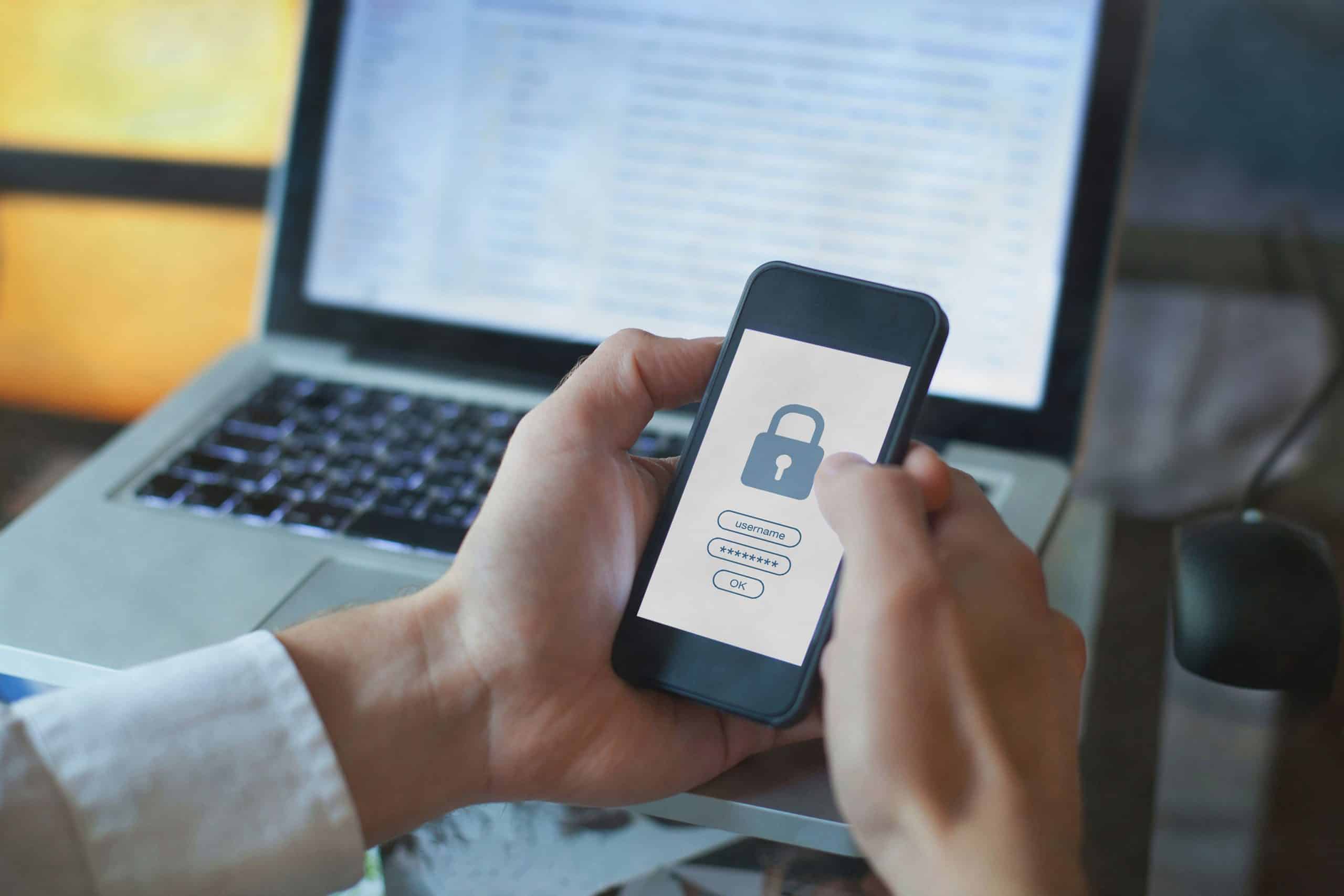As a financial services firm entrusted with managing the wealth of individuals like yourself, Vestia understands the paramount importance of safeguarding your sensitive financial information in an increasingly digital world. In response to the numerous inquiries Vestia has received from physicians regarding home internet routers, they asked me to provide you with some valuable guidance on good home security practices. While I refrain from endorsing specific vendors, I believe that adopting these recommended practices will significantly enhance the security of your home network and protect your valuable assets. Please take a few moments to review the following guidelines, which focus on general best practices that you can implement to fortify your home network against potential cyber threats.
1. Update Firmware Regularly: It is crucial to select a router that receives regular firmware updates from the manufacturer. These updates often include security patches that address vulnerabilities discovered over time. Enable automatic updates or periodically check for updates to ensure your router remains protected against emerging threats.
At the time of this writing, the following manufacturers have a good track record of providing updates for their devices:
– ASUS
– TP-Link
– Netgear
– Motorola
– Comcast / Xfinity XFI
2. Strong Wireless Encryption: Look for routers that support the latest wireless encryption protocols, such as WPA3, which provides stronger protection for Wi-Fi networks. This helps safeguard sensitive data transmitted between your devices and the router, making it harder for attackers to intercept or decrypt the information. Any device displaying the “Wi-Fi 6” label supports this encryption.
3. Unique and Strong Passwords: The default passwords of routers are often well-known to attackers, so it’s vital to change them to unique, strong passwords. Like any password you would use, select a mixture of upper and lower case letters, numbers, and special characters. Password managers can assist in generating and securely storing these complex passwords.
4. Disable Remote Management: By default, some routers allow for remote management, which means they can be accessed and configured from outside the home network. Unless absolutely necessary, disable this feature to reduce the risk of unauthorized access and potential exploitation.
5. Guest Network Isolation: Many modern routers offer the option to create guest networks. Consider enabling this feature and isolate guest devices from your main network. This prevents potential compromise of sensitive data and limits access to other devices on the network. You may also consider using this network for children, visitors, video game systems, and internet-connected consumer devices.
6. Enable Firewall and Intrusion Detection Systems: Routers with built-in firewalls and intrusion detection systems provide an additional layer of protection. If your firewall includes those features, enable them to help detect and block malicious activities on your network.
7. Disable UPnP: Universal Plug and Play (UPnP) is a convenient feature that allows devices to automatically discover and connect to other devices on the network. However, it can also be exploited by attackers. It’s advisable to disable UPnP unless it is necessary for certain devices or applications.
8. Regularly Check Connected Devices: Periodically review the list of connected devices on your router’s admin panel. If you spot any unfamiliar devices, it could be an indication of unauthorized access or a compromised device. Prompt action should be taken to investigate and secure your network.
9. Secure Physical Placement: Finally, consider placing your routers in a secure location within your home, away from prying eyes and potential physical tampering. This reduces the risk of unauthorized individuals gaining access to the router and its settings.
By adhering to these best practices, you can significantly enhance the security of your home network and protect your sensitive financial information. However, it’s important to note that cybersecurity is an ongoing effort, and staying vigilant, keeping devices up to date, and educating yourself on emerging threats are essential components of a comprehensive security strategy.
Brian Quick has worked for 25 years in IT with a focus in cybersecurity, including prior positions as the Vice President of Cybersecuiy at Anthem, Chief Information Security Officer and Vice President of IT at Indiana University Health. If you are interested in more of Brian’s insights as they pertain to physicians, you can view his webinar The 5 Hackers Doctors Should Know…They May Already Know You!


